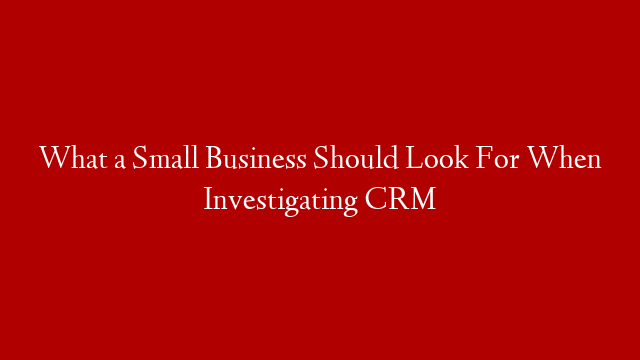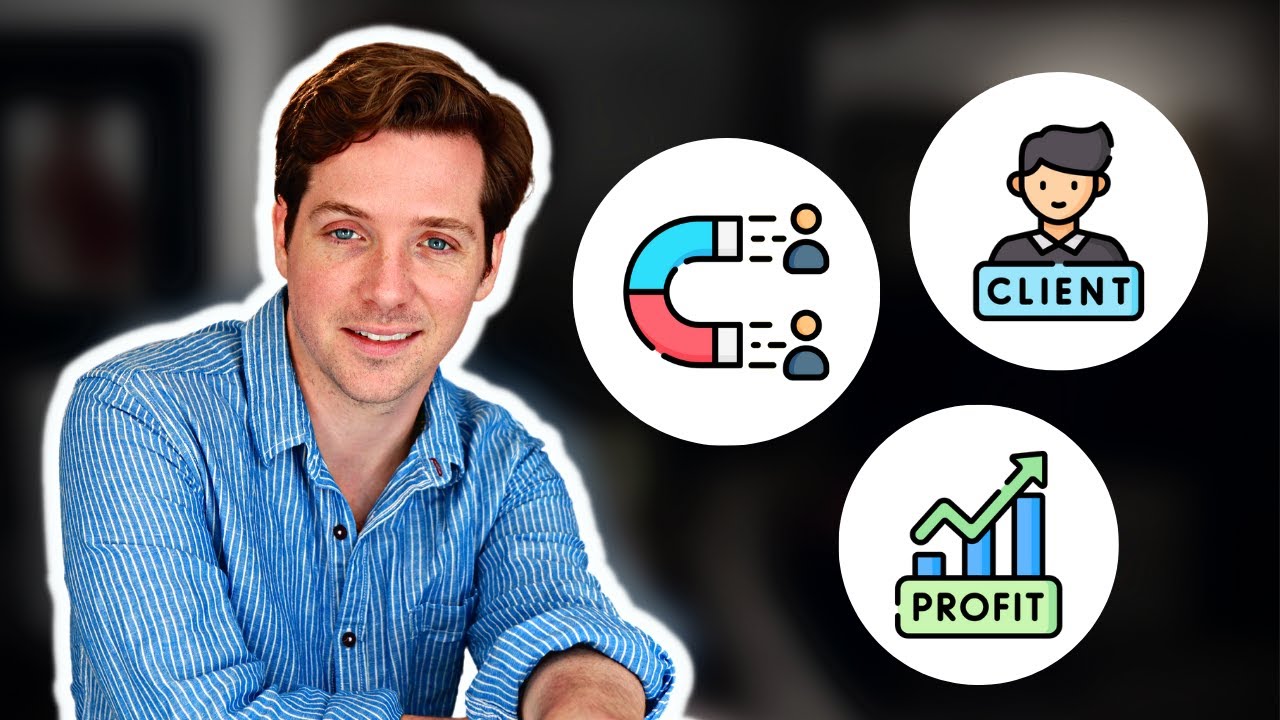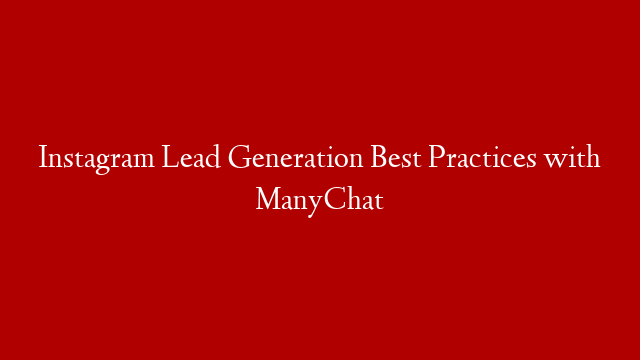In its simplest form, CRM can help you track and manage the way you interact with your customers and suppliers to manage that relationship more effectively and the ultimate application use is to change the way you do business by using customer insight, transparent business operations and tracking and optimising on the fly all of your activities and interactions with the customer over their life-time.
Here are some key features of a CRM software.
Capturing Customer insights
1. It can be a database with more contact information on each customer. If it is all you are going to use the system for them stick with your spreadsheet. However, if you are going to use it to capture really insightful information on your customers,ie how did they find you, conversations you have had with them, their preferences, their complaints, their feedback etc then it is a powerful tool.
Lead Generation and nurturing tool
2. It can manage and nurture leads and opportunities. With segmentation capability via data collection fields which gives more depth and customer insight, you can now plan an integrated sales tasks and marketing activities to manage the customer through the life cycle with your company. Tracking and planning a lead generation campaign can be a simple as a series of tasks and follow up actions or as complicated as a series of automatic contact points to nuture the lead with information, tools and advice so that when they are ready to purchase, your company is top of mind.
Forecasting and tracking tool
3. Forecasting and tracking become more achievable and visible when all the leads and prospects are entered into the tool and ranked according a scale. Closed deals that flow through to accounts and into customer records can give you information on conversion rates and cost of a sale (ie sales reps time and marketing activities costs). Marketing campaigns can be tracked with tracking code on websites, blogs and emails. Integration of these business operations is sometimes an under-estimated value of capturing data, but this transparency allows you to tweak your efforts, fail quickly and re-direct your attention to marketing and sales strategies that could be more effective.
Customer support
As important as it is to manage and track the customer through the sales cycle, it is just as important to give the same attention to the customer service experience they have with your company. The aim should be to make this experience for the customer a positive seamless systematic approach that is consistent. To do this you need to capture customer complaints and create a work flow that allows for follow up and assign ownership of that compliant. The CRM tool can assist you with this work flow. Also, because all the information is captured in the one tool, management can have visibility to this as a metric on an overall dashboard.
Business Intelligence
As a manager of a small business with say ; over 10 staff and more than 50 customers, I would seriously consider a CRM software solution, for no other reason other than it will give you the business intelligence to run your business more effectively. You can have a dashboard that will give you instant access to your top customers, sales funnel and customer issues. It can help you identify potential issues or opportunities more quickly because you have visibility to all interactions with your customers. Unless you can manage this yourself then CRM becomes a very valuable value proposition.
So which platform?
There is no one fits all and the right CRM system for you depends on many variables including functionality and cost. I think the key is that it should be easy to use because using this software will change the way everyone does their job if it is to be successful. The adoption curve can be slow if the system is to hard to use. Money is well spent on getting in a specialist consultant to set it up and do some training. This should start with the senior management team. This ensures that everyone sees the CRM as important. A CRM software is only as good as the data entered and so this cultural change needs to happen for it to be a success. The leadership team need to be the champions.
Automating as much as possible will help the adoption of the tool. Seeing some early wins for sales will help the sale force see this tool as a lead nurturing aid not an invasion of their territory.
There are hosted, Server and Desktop versions of the software. I would opt for a hosted solution as it solves the remote access problem for reps on the road and there is no need for IT support in-house. This is usually a fee per month based on a user licence or a group licence. You get what you pay for so if it looks too cheap then you probably are not getting all of the functionality as listed above. I would expect to pay around $100 – $300 per month for a system that would perform the key functions as listed above and would allow additional costs for the training an consulting and set up costs.
CRM is a new way of doing business and an investment in doing business with customer insight, business intelligence and marketing feedback mechanisms.
Really Simple Solutions have a great whitepaper on 10 critical factors to consider when looking at CRM and Business-Software have a great download on 40 top CRM vendors that is worth downloading.



